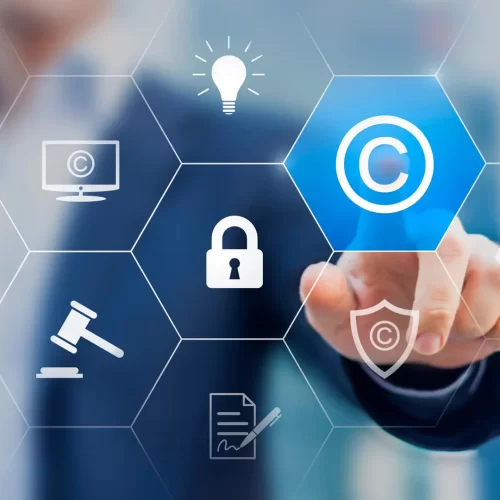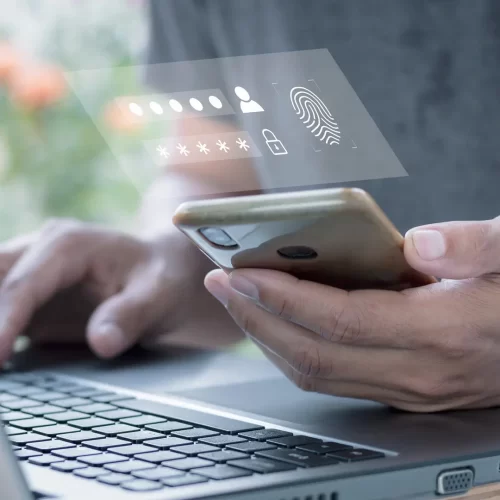Security tips
How to protect yourself online
The information you need to stay safe

How Can You Protect Yourself?
We will never ask for sensitive information like your Digital Banking user ID or password, account number, credit / debit card number, CVV, PIN, OTP, answers to verify your identity, etc.
Please do not provide or share these details via email / SMS or on calls received from individuals claiming to be from Premier islamic / Premier Bank.
Secure Banking
Secure your computer
- Always use a trusted computer and avoid using a shared or public computer for banking.
- Ensure your computer is equipped with an antivirus and firewall to prevent malware infection.
- Update your computer regularly, especially the antivirus software, web browser and operating system.
Do not miss important banking signposts designed to provide you with fraud-detection information
- Type in the bank's website address to browse the bank's web page.
- Do not use your banking password for anything else, such as your email account.
- Pay attention to the last logged-in date and time.
- Periodically review your beneficiaries to ensure only beneficiaries added by you are present in your account.
- Consider enabling roaming on your phone when out of the country so that you do not miss important notifications from us.
- Do not use unsecure Wi-Fi access points like those at airports.


Common Fraud Scenarios - Vishing
Vishing is the act of using the telephone in an attempt to scam the user into surrendering private information that will be used for identity theft. The scammer usually pretends to be a legitimate business, and fools the victim into thinking they will profit.
As a rule of thumb, don’t give out any information over the phone if you’re unsure of who’s calling. If you have any doubts at all, hang up. Credit cards, bills and bank statements should all feature customer service numbers that you can use to see if the call you just received was legitimate.
Common Fraud Scenarios - Smishing
- Never take action on a request for your personal or financial information, including account numbers, passwords, Social Security number or birth date.
- If you receive a text message expressing an urgent need for you to update your information, activate an account, or verify your identity by calling a phone number or submitting information on a website, delete it without responding.


Common Fraud Scenarios - Malware and Ransomware
Malware is an umbrella term used to refer to various forms of hostile or intrusive software, including computer viruses, worms, trojan horses, ransomware, spyware, adware, scareware and other malicious programs.
Ransomware is a security threat that has data-kidnapping capabilities. It is a malicious software that denies you access to your computer or files until you pay a ransom.
- Ensure anti-virus software is updated on both your office and home PCs.
- Bookmark websites to ensure you do not accidentally mistype an incorrect address and do not trust links sent over SMS, instant messaging and email from unknown sources.
- Be wary of free screensavers, games, browser add-ons, peer-to-peer (P2P) clients, and any downloads claiming to be cracked or free versions of expensive applications, such as Adobe Photoshop or Microsoft Office.
Common Fraud Scenarios - Email Spoofing
- Always look for the content of the email. Spoofed emails look like they were sent from a legitimate source. However, you can determine if it’s a spoofed email if it seems to be asking you for confidential information like username, password, bank account number, etc.
- Sometimes the email may even look like it is from a legitimate source and has some kind of an attachment or link to a website which can further ask you to furnish confidential information.
- If in doubt, don't hesitate to get in touch with our contact centre and have it confirmed with a call centre agent.


Common Fraud Scenarios - Shoulder Surfing
- When working on a laptop, ensure that your back is to a wall with no open sides close to you, or enter your passwords in a secluded location.
- When keying in a PIN at an ATM, make sure no one is standing right behind you.
Experience a New Digital World.
Mobile banking application with new & exciting features.
